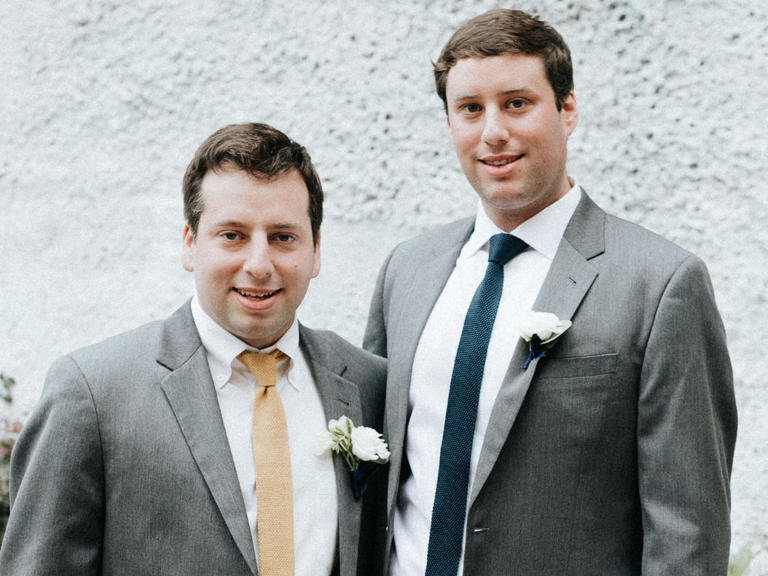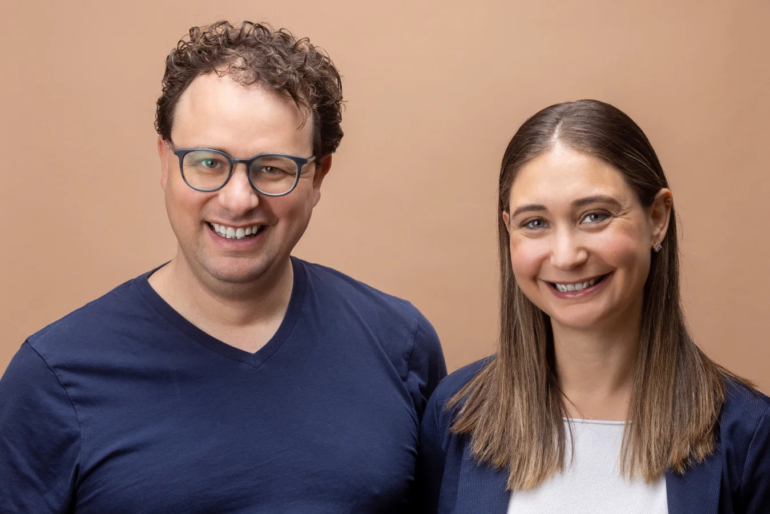Silicon Valley has seen some massive startup success over the years. San Jose, San Francisco, and the surrounding areas have seen some huge flow of resources, money, and talent. But everything comes at a price and so does this. The success has classified the region into “haves” and “have nots”. This division has made it difficult for certain people to afford their living comfortably.

The United States, too, is hit by similar division. California, New York, and Massachusetts, the “Big Three”, are too experiencing some major flux of talent, jobs, and money which has left small towns and rural areas behind.
The rich are becoming richer and the poor are becoming poorer due to the division that’s adversely affecting people’s jobs in small towns. Unfortunately, even the politicians and established firms seem to be favoring these developed cities as their policies have proven to be in favor of them and not the small towns or their people.
Fortunately, 2020 is expected to bring some startups and technology to Middle America. Atlanta and Toronto are expected to see some impressive growth in this area.
Atlanta is said to be the “rising star” for startups in the U.S. and has included other states like Columbus and Savannah too on its startup success spree. ATDC and the Atlanta Tech Village support the establishment of new companies along with new startup centers like TechSquare Labs, WeWork and Techstars. Georgia Tech is another player in the game which brings out new talent for filling up the job vacancies.
With around 49 incubators and accelerators and also the Canadian government’s support for new companies, Toronto and the greater province of Ontario too, have attracted some big shots like Google, Facebook, and Microsoft. Also, the University of Toronto contributes to this establishment and growth of new firms.
But what about the small towns or cities and rural areas? Well, Steve Case, co-founder of American Online, along with a team of investors, operators, and business builders have decided to focus on the firms outside the “Big three”. They have launched their new venture firm, Revolution, that has a seed fund called, “Rise of the rest” which aims at investing in companies outside the Silicon Valley.
Revolution actually takes a bus tour across the U.S., looking out for companies that have long-established ties to Middle America, including food, transportation, and agriculture. So far, the Revolution team has traveled to 38 cities and 26 states with the aim of supporting the companies that were ignored due to their place of establishment.
Deepak Sindwani, co-founder of Wavecrest Growth Partners, and his partner, Vaibhav Nalwaya, are doing something similar to Case. They invest in capital-efficient B2B tech entrepreneurs across the U.S. The investment fund being between $7 million to $30 million.
Gidwani started his investing career 16 years ago with Comcast Ventures and then worked with Bain Capital. His focus is on markets with enough software engineers, attractive costs of living and fewer capital providers. With the high number of software engineers rolling out from universities, talent hunting is not a tough task here. Also, with the cost reduction and simplification of the process of building software by cloud providers like AWS and Microsoft Azure, building software in the cloud has become easier. According to Sindwani, Durham, Pittsburgh, Dallas and Chicago are some great cities for startup outside Atlanta and Toronto.
All said and done, Silicon Valley will still remain the bigger player but it will be hard as major investments will go to few big companies and people will still be on a constant hunt for something ‘bigger’ and ‘better’ which will make them shift jobs within hours of time.
Hopefully, more investors will follow the paths of Case and Sindwani and focus of smaller cities and make it easier for smaller firms to make a mark in the business world and bring revolution.






